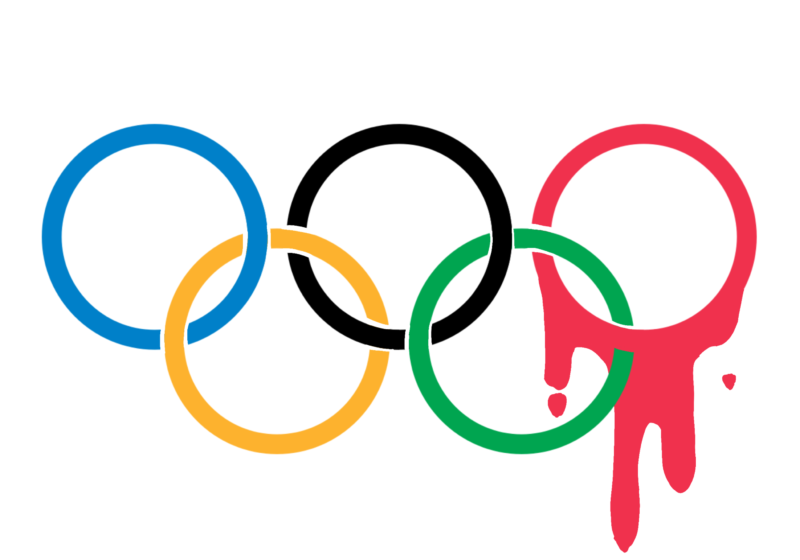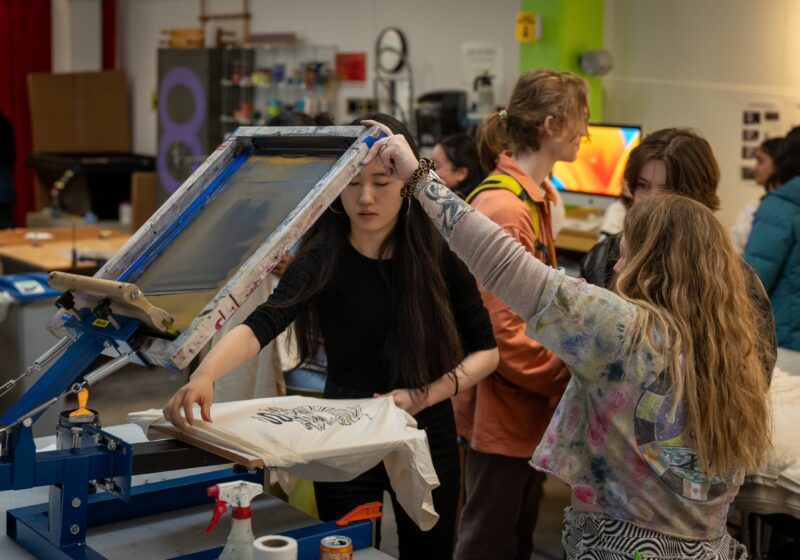Kamila Valieva, at just 15 years old, has dragged the world into her storm. The young figure skater astounded all critics at the 2022 Beijing Winter Olympic Games with her short program, becoming the fourth woman in the history of the Games to land a triple axel. In addition, she had been said to be USA’s new gold medalist Nathan Chen’s direct counterpart and had already garnered a large following despite this being her first Olympics. However, after a rescheduling of the team event medal ceremony, it was revealed that Valieva had tested positive for trimetazidine during the 2022 Russian Figure Skating Championships on Dec. 25, which would have disqualified her from competing in the Olympics. The proceedings for Valieva would have likely been similar to what happened to sprinter Sha’Carri Richardson, who was suspended for a month due to testing positive for THC after qualifying for the Tokyo Olympics in 2021.
Trimetazidine is a banned “modulator of cardiac metabolism,” classified by the World Anti-Doping Agency (WADA) as such since 2015. Valieva, as a result of her test, was given a provisional suspension on Feb. 8, and was cleared by the Russian Anti-Doping Agency (RUSADA) a day later. She was inevitably allowed to compete in the women’s singles event by the Court of Arbitration for Sport by Feb. 14 and placed fourth, notably behind ROC teammates Anna Shcherbakova and Alexandra Trusova.
What now hangs in the balance as a result of this scandal? For one, Valieva’s reputation — at the Russian Championships, Valieva scored her gold medal with a final score 35 points ahead of silver medalist Trusova. With the information now at hand, Valieva’s legitimacy as an Olympic candidate could be viewed by some as a doping farce, despite being renowned for her artistry prior. In addition, Russia isn’t even able to compete in the Winter Olympic Games under their own name, being suspended in 2017 and banned in 2019 from competing due to a multi-year doping scheme. Valieva’s case is one of many notches in the belt that thrashes Russia’s reputation in the Olympics, and it seems that infamy is bound to continue.
Many are claiming that it is not Valieva’s fault that she is within the eye of such a hurricane — after all, she is not the first Russian skater to soar to these Icarusian heights and then immediately plummet. Valieva’s coach, Eteri Tutberidze, has coached Olympic legends such as Pyeongchang gold and silver medalists Alina Zagitova and Evgenia Medvedeva, as well as Shcherbakova and Trusova. Tutberidze is currently under fire for her coaching methods, which are said to focus on drilling young students into landing difficult jumps at a significant physical toll. This makes sense — her proteges are known for stepping away from the competitive circuit around the age of 18 and being replaced with newer, younger skaters who model themselves directly after those that came before. In direct comparison, competitors from other countries, such as bronze medalist 21-year-old Kaori Sakamoto and tenth place 25-year-old Mariah Bell, are years older and still competing. As a minor, Valieva’s career is mainly in the hands of Tutberidze herself, and the coach’s track record does not come across as innocent.
For a viewer, being cognizant of this running cycle amongst Russian skaters is important. The Olympic Games are meant to be a place where we celebrate athletes for their incredible achievements, rather than breaking them down to stand atop them. What has happened to Valieva and those before her is something that needs to be acknowledged in order for change to come into effect. Without public knowledge and backlash like what is happening now, these problems fall out of sight, cushioned by the broken backs of these young girls.






